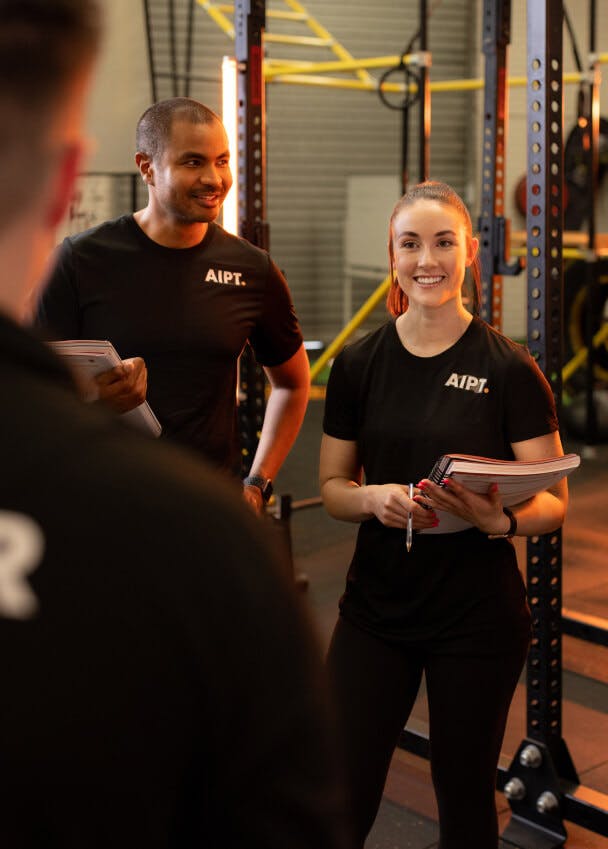17 Nov 2016
5 Things Every Personal Trainer Needs to Know
Interested in becoming a Personal Trainer?
Discover the 5 things every Personal Trainer should know to work professionally and efficiently in the fitness industry.
How to Screen and Assess Clients
Before a Personal Trainer begins training a client, they need to ensure a health screening and assessment is undertaken. Health screenings (usually a questionnaire) are an important tool for Personal Trainers to identify client risk factors and determine whether they have any underlying medical or health conditions that will affect their training abilities.
Following health screenings, Personal Trainers also need to follow through with assessments to determine the client’s current fitness level. Cardiovascular endurance, muscle strength, endurance and flexibility levels, and body composition all need to be assessed prior to a program being written and implemented.
How to Write Individual Programs
There’s no one size fits all for training programs, and it’s the responsibility of a Personal Trainer to write individual programs for all clients. This program is determined by working with a client to establish specific goals, whether it’s for health benefits, improved fitness or athletic performance. Special considerations when working with specific clients (older adults, children or individuals with health or fitness conditions) also need to be accounted for.
Personal Trainers need to determine frequency, intensity, duration and mode of exercise when writing individual programs. Having a strong knowledge of exercise science principles will assist in this process.
How to Communicate
Clients depend on a Personal Trainer to be able to communicate clearly and effectively throughout the entire training process, from initial meeting through to pushing a client to complete a final rep. A good Personal Trainer will develop a close relationship with their clients to be able to connect with them on a personal level, define what a client’s main motivators are and use them effectively throughout their training sessions.
Good communication skills are also essential for a Personal Trainer to have, in order to provide precise instructions on body mechanics, injury prevention and undertaking exercises with correct form.
How to Take on Professional Responsibility
Personal Trainers are hired to help clients achieve their desired health and fitness goals, and have a professional responsibility to provide ongoing support, assess client progress and adjust training programs according to client needs.
It is the professional responsibility of a Personal Trainer to ensure client safety, assist in injury prevention and handle emergency care administration. To remain up to date with industry changes and exercise methods, Personal Trainers are also required to undertake continued education, via programs, events, workshops and seminars. 20 continuing education credits (CECs) every two years are required to be able to continue working as a Personal Trainer.
How to Provide Basic Healthy Eating Advice
Personal Trainers understand you can’t out-train a bad diet, which is why it’s important for them to understand and share basic healthy eating advice with clients to support a good attitude towards eating and improved body composition.
Interested in pursuing your passion for fitness? Enquire now about our nationally recognised Complete Personal Training Course. Call 1300 616 180 today.
Related Articles

Maximise the Rest of 2025 With Your Fitness Career
Finish 2025 strong. Learn how personal trainers can grow their fitness career, attract more clients and upskill before the final campus intake closes.

Career Opportunities in Fitness: Which Path is Right for You?
Explore career opportunities in fitness. Discover roles, salaries, and training pathways to start your health and fitness career today.

Industry Supplier
Proud member of

© Australian Institute of Personal Trainers | RTO Number 32363
